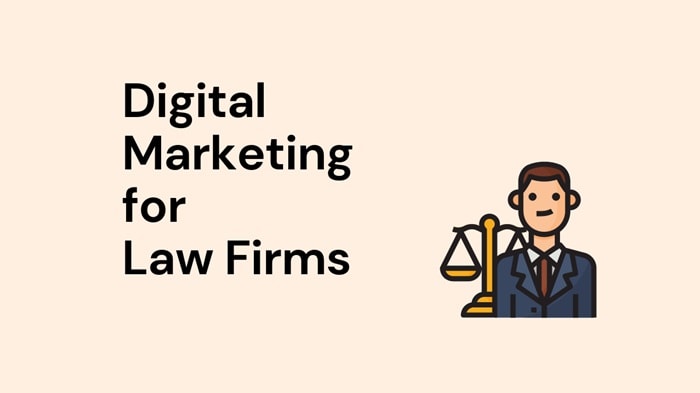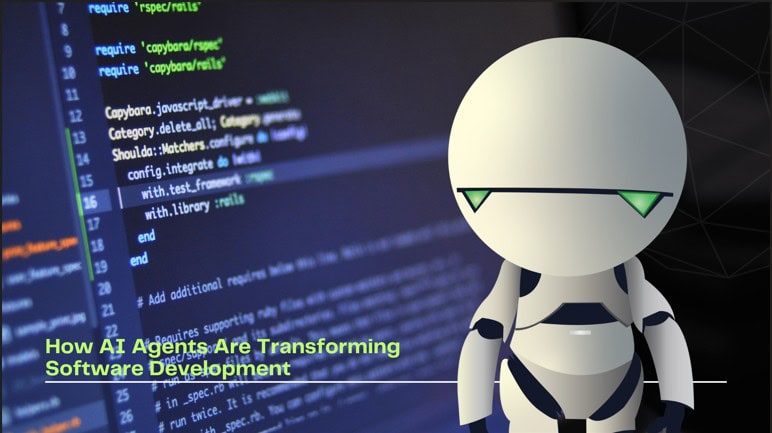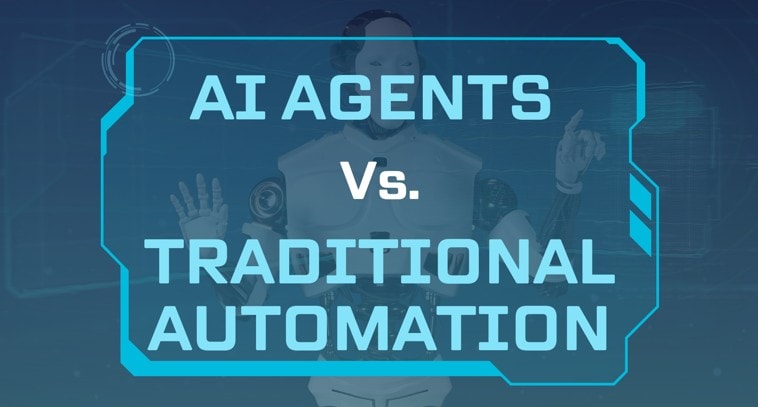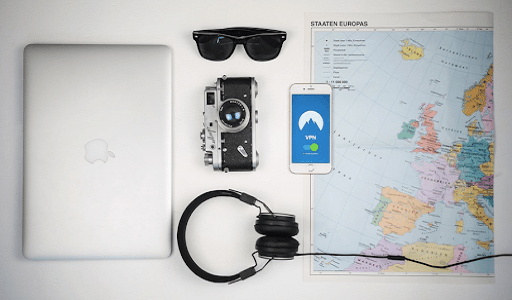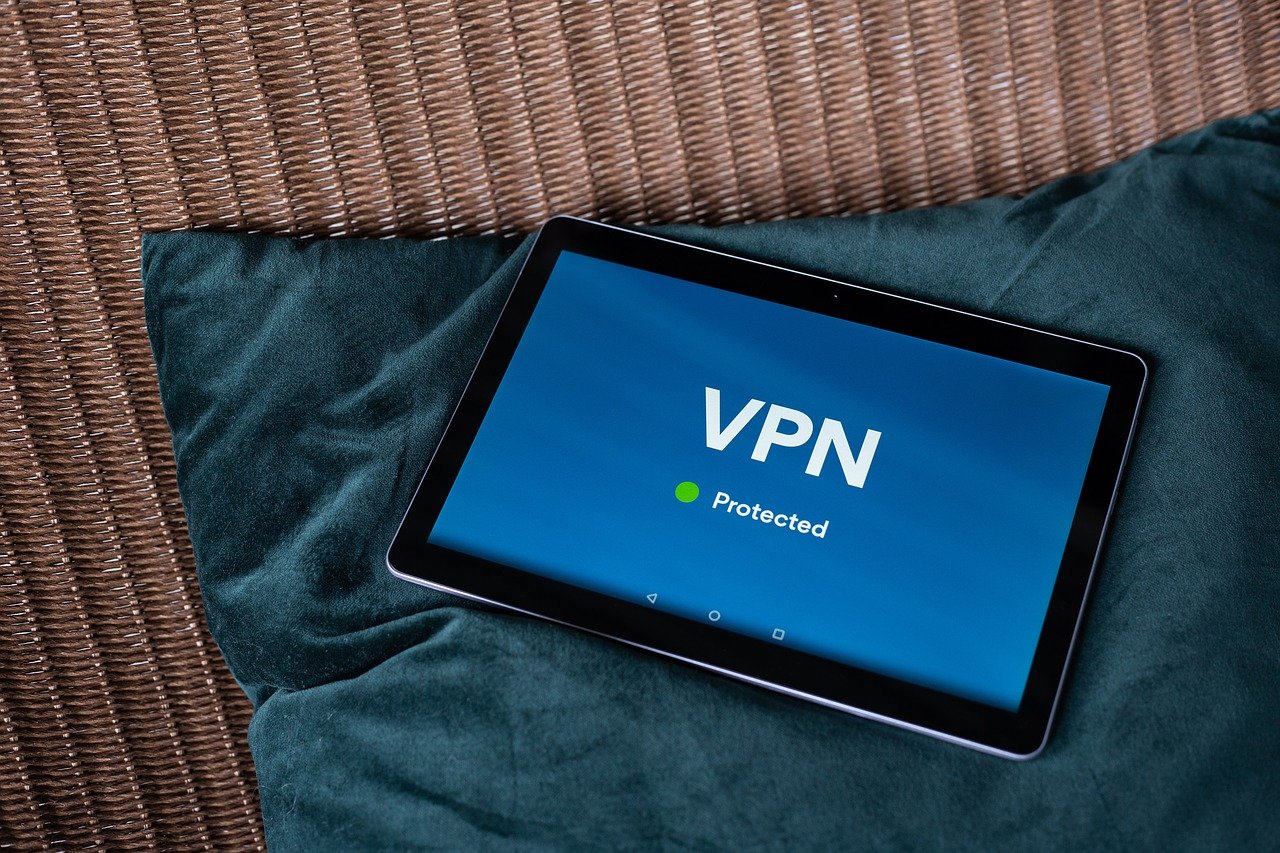VPN Protection: There is no shadow of a doubt that using a virtual private network (VPN) can assist you in preserving your online anonymity and safety. But does it achieve this by defending you against potentially dangerous programs? If you use a virtual private network (VPN), can it protect you from malicious software and viruses like an antivirus program, or are the two very different things?
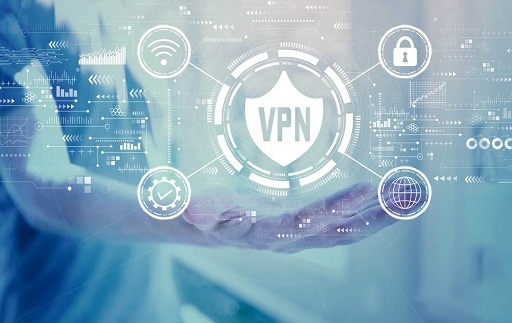
What is an Antivirus Program?
If you spend a lot of time using the internet, you should probably have an antivirus program installed on your computer. After all, this kind of software is an essential component in maintaining your safety and security. This is because antivirus programs can search for malware and either block it or delete it, preventing it from exploiting your device and the data stored on it before it has the chance to do so.
A typical antivirus program will analyze any new files or code that is being downloaded to determine whether or not they should be considered malicious. You have the option of initiating these scans manually, or they can be run in the background automatically. Each provider of antivirus software maintains a database of codes and files that are widely accepted to be malicious. This database informs the software about what it should be on the lookout for.
The antivirus software of today typically comes bundled with a variety of additional components, including a password manager, a firewall, and a file shredder, amongst others. The requirement for additional protection is steadily growing in importance as instances of cybercrime become both more common and more complex.
It is important to keep in mind that antivirus programs are not bulletproof in any way. Even though they come close, even the most reliable security solutions on the market today, such as Norton and McAfee, do not achieve a perfect success rate. There are still some malicious files or programs that have not been included in provider databases, and there are other types of malware that are specifically designed to avoid detection by antivirus software. What’s more, antivirus programs are nothing more than software, so can be vulnerable to bugs and other malfunctions which may affect performance.
However, this doesn’t mean antivirus programs aren’t worth it. If you’re ever online, or even if you stay offline on your device, an antivirus program should always be active. This will stand as the key line of defense against malware and viruses.
Now, what about a virtual private network (VPN)? Is it possible for this technology to protect you from malicious software? First things first, what exactly are virtual private networks (VPNs)?
What is A Virtual Private Network (VPN)?
A Virtual Private Network, also known as a VPN, is a protocol that can hide your online traffic as well as your IP address from any third parties that might be monitoring it, including your internet service provider, the government, and any malicious actors.
When we use a public Wi-Fi network, many of us are unaware of the fact that the aforementioned organizations have the ability to monitor the internet traffic that we generate. Widely accessible networks may offer a great deal of convenience, but they are not without their share of drawbacks.
If you are connected to a public Wi-Fi network, your data may be at risk whenever you use it, regardless of whether you are sending an email at Starbucks, watching YouTube while staying at a hotel, or video calling a friend while dining out. When you connect without using a virtual private network (VPN), it is possible for malicious actors to intercept your connection and steal your data. But how exactly does VPN Protection function?
Tunneling is one of the methods that virtual private networks (VPNs) use to encrypt your data. Your Internet traffic is rerouted and then sent through a private tunnel, where it is encrypted and rendered unintelligible to any third parties who may be eavesdropping on the transmission. Due to the presence of this additional layer of encryption, a virtual private network (VPN) will make it exceedingly difficult for an online criminal to access your internet data when you are linked to a public Wi-Fi network. Your data is protected to a much greater extent when you use a virtual private network (VPN) because it allows you to create an encrypted connection.
For even greater degrees of privacy and safety, some individuals even make use of twin VPNs, which encrypt your data not once but twice. However, due to the additional layer of encryption that must be applied each time your traffic is sent through, these can significantly slow down your connection speeds.
VPN Protection is another option for getting around geoblocking restrictions. The act of restricting access to certain content on the basis of your physical location is known as geoblocking. This is an issue that is especially prevalent on streaming platforms such as Netflix, where a significant number of films and television shows are restricted to a smaller number of countries. You can connect to servers located in a variety of countries and access a much wider range of content if you use a virtual private network (VPN) to hide your IP address.
However, where does the security against malware and viruses come into play, if at all? Can virtual private networks (VPNs) protect you from malicious software?
Is Malware something that your VPN can protect against?
If you use a virtual private network, then can you prevent malware from infecting your device? The simple answer to that question is no. A virtual private network, or VPN, does not offer the same level of direct protection against malicious software and viruses that traditional antivirus software does. That is to say, virtual private networks (VPNs) do not do continuous scans for malware, delete it if they find it, nor will they alert you if they discover malicious software on your device. They do not offer parental controls, spam filters, identity theft protection, or any other security features that are available through antivirus software.
Therefore, utilizing a virtual private network (VPN) to avoid malware is not recommended. Antivirus software is designed specifically for this purpose. However, virtual private networks (VPNs) can shield you from other types of cyberattacks.
Take, for instance, attacks known as “Man-in-the-Middle” (MitM). To steal sensitive information from you, a cybercriminal will put themselves in the way between you and the application you’re using. If malicious actors want to carry out a Man-in-the-Middle attack against you, it will be extremely difficult for them to do so if your IP address and internet traffic are encrypted. Even if the attacker is successful in intercepting your traffic, it will be impossible for them to decipher it and, as a result, they will be unable to use it for a global protect VPN.
In addition, a virtual private network (VPN) can assist you in warding off Distributed Denial of Service (DDoS) assaults. A Distributed Denial of Service attack, also known as a DDoS attack, is when a malicious actor uses a flood of fake traffic to try and bring down a server or network. In these kinds of attacks, something that is known as a botnet, which is essentially a malicious network of devices, is utilized. So, how exactly does a virtual private network safeguard you against this?
This is related to the IP address that you use. If a cybercriminal wants to launch a DDoS attack against your network, they will have a much more difficult time doing so if your IP address is concealed by a virtual private network (VPN). If the cybercriminal already knew your IP address before you activated a virtual private network (VPN), then he or she will still be able to launch an assault even if you use this defense mechanism. This is not a foolproof security mechanism.
When you use a virtual private network, it becomes nearly difficult for a cybercriminal to discover your real IP address. A cybercriminal may use this information to mimic your online presence or to pinpoint your geographical location down to your postal code by using this information for global protection VPN.
Virtual private networks (VPN Protection) are helpful, but they are not a complete security solution.
When going online, it is strongly recommended that you connect to a virtual private network (VPN). This technology not only conceals the traffic on your internet connection and your IP address from other people, but it also reduces the likelihood that you will become a victim of certain forms of cybercrime. However, antivirus software is necessary to ensure the safety of both you and your data. You can now get the best of both worlds with the built-in VPNs that come included in many antivirus programs. This saves you the hassle and expense of paying for two separate services.
Would you like to read more about VPN protection-related articles? If so, we invite you to take a look at our other tech topics before you leave!


